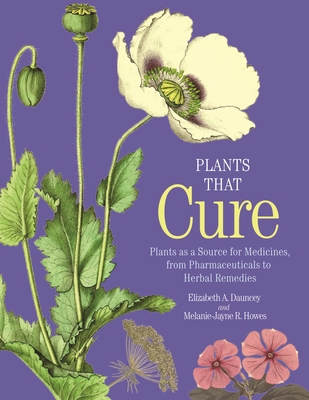Expedite your nonfiction book discovery process with Readara interviews, summaries and recommendations, Broaden your knowledge and gain insights from leading experts and scholars
In-depth, hour-long interviews with notable nonfiction authors, Gain new perspectives and ideas from the writer’s expertise and research, Valuable resource for readers and researchers
Optimize your book discovery process, Four-to eight-page summaries prepared by subject matter experts, Quickly review the book’s central messages and range of content
Books are handpicked covering a wide range of important categories and topics, Selected authors are subject experts, field professionals, or distinguished academics
Our editorial team includes books offering insights, unique views and researched-narratives in categories, Trade shows and book fairs, Book signings and in person author talks,Webinars and online events
Connect with editors and designers,Discover PR & marketing services providers, Source printers and related service providers

Plants That Cure: Plants as a Source for Medicines, from Pharmaceuticals to Herbal Remedies
Nature > Plants - General
- Princeton University Press
- Hardcover
- 9780691200187
- 11.1 X 8.8 X 0.9 inches
- 2.65 pounds
- Nature > Plants - General
- (Single Author) Asian American
- English
Readara.com
Book Description
A full-color illustrated guide to the natural history of plants with medicinal properties
Of the nearly 400,000 plants that have evolved on Earth, around seven percent of them have been used in traditional herbal medicine or as local remedies. More recently, scientific studies have revealed how plants may be sources of important medicines, often in the form of single isolated compounds. Plants That Cure explores these critical compounds and the plants that produce them.
This richly illustrated book, filled with color photographs and diagrams, is organized by body system, which feeds into a discussion of the compounds and plants employed for particular conditions, including heart and circulatory problems, fatigue and dementia, nausea and indigestion, respiratory infections, arthritis and joint movement, eye conditions, reproductive issues, and types of cancer. This detailed book examines the mechanisms of action for these plants and also explains how some of their chemical compounds contribute to the functioning and survival of the plants themselves.
Essential for herbalists, botanists, and anyone interested in natural remedies and drug discovery, Plants That Cure is the indispensable resource for understanding how medicinal plants work.
- Provides an authoritative natural history of the most important medicinal plants
- Features hundreds of color photos and illustrations
- Explores the roles of plants in different systems of traditional medicine throughout the world
- Looks at specific body systems and the phytochemical compounds used to treat or alleviate systemic conditions, from heart ailments and respiratory infections to reproductive issues
Author Bio
Elizabeth A. Dauncey is a freelance plant toxicologist. She is the coauthor of Plants That Kill: A Natural History of the World’s Most Poisonous Plants (Princeton) and the author of Poisonous Plants: A Guide for Parents and Childcare Providers.
Source: Princeton University Press
Videos
No Videos
Community reviews
No Community reviews

